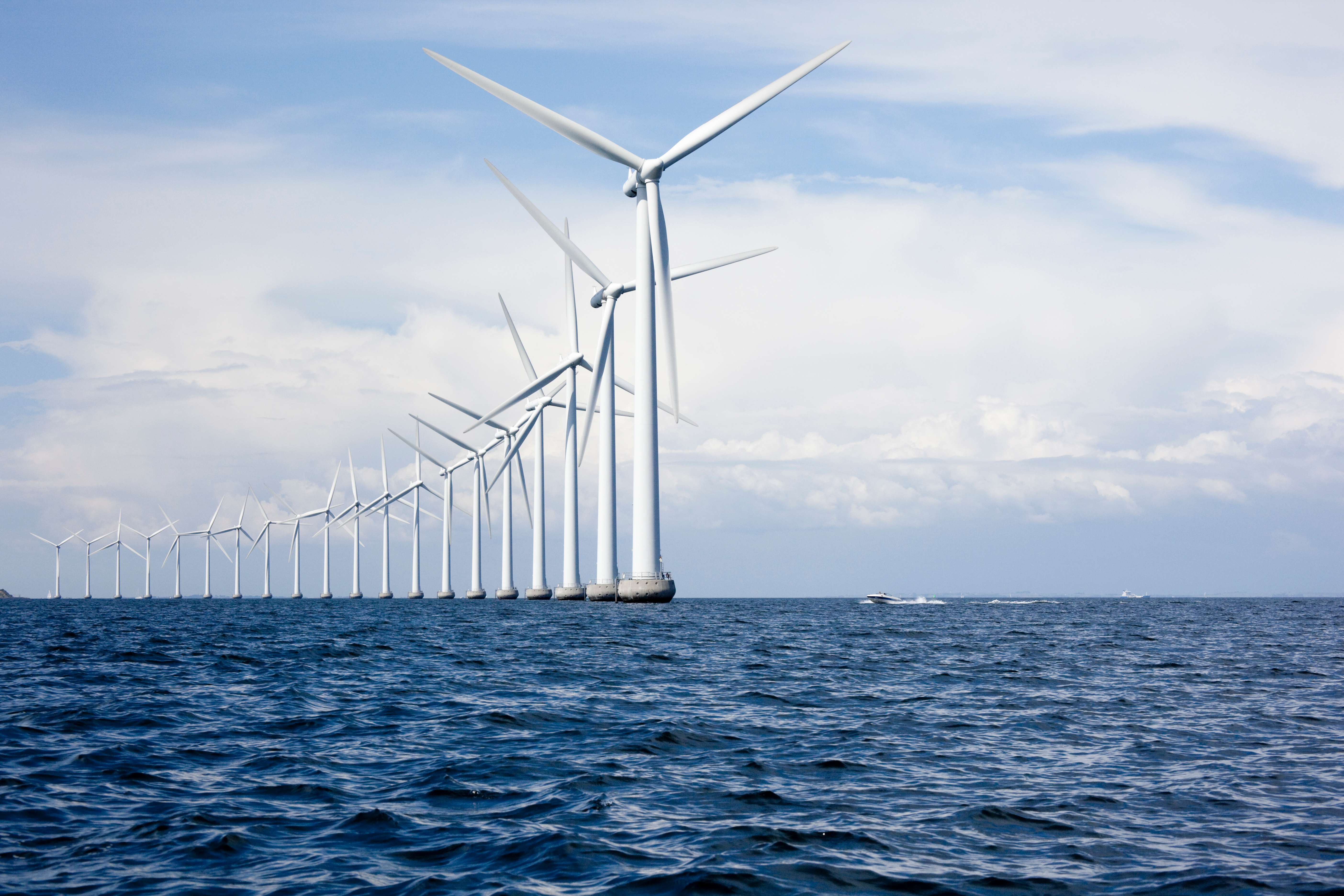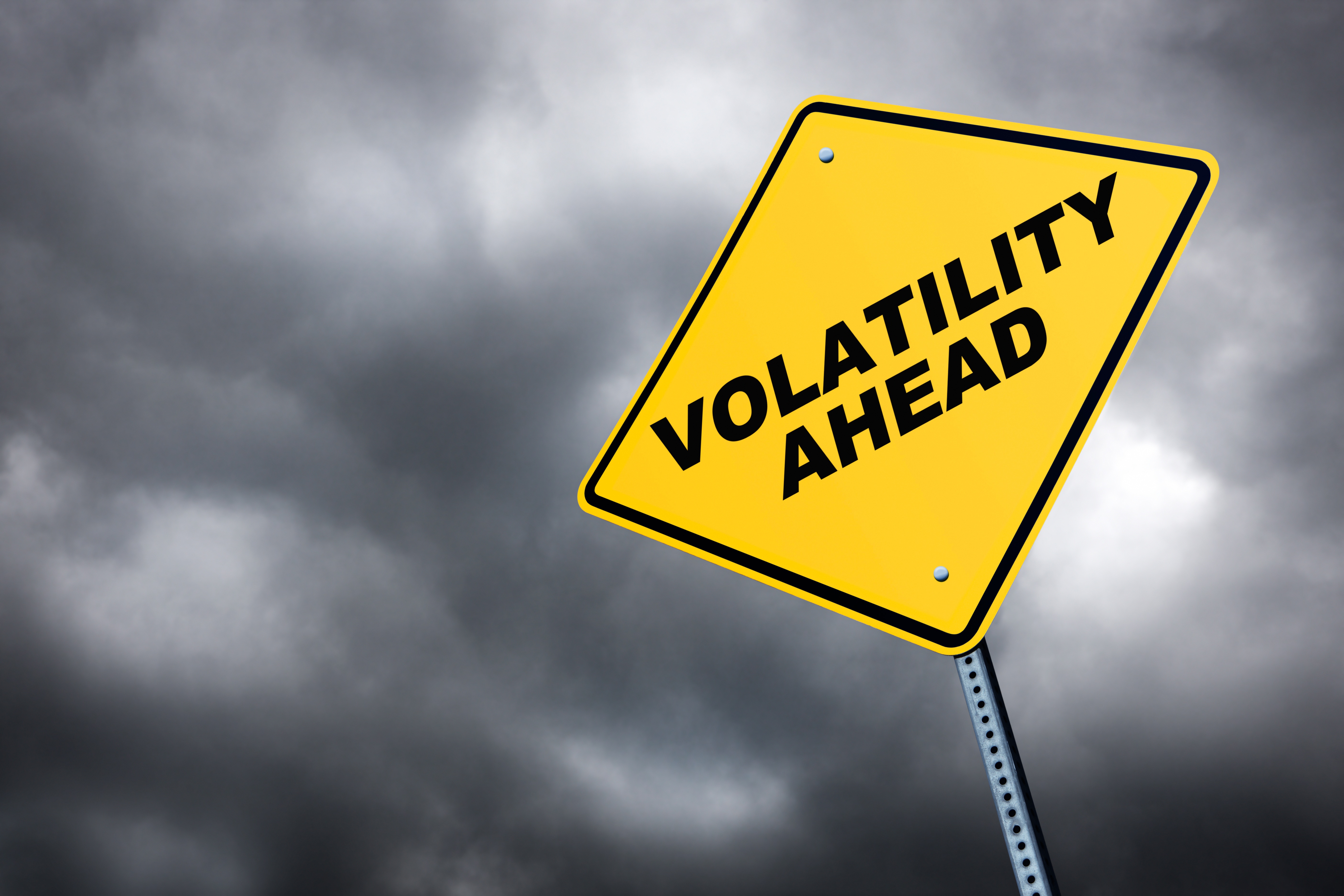Several speakers at the recent American Wind Energy Association (AWEA) annual conference in New Orleans lauded the positive impact of Congress's extensions of the production tax credit (PTC) and investment tax credit (ITC) in December 2015. As they noted, these extensions position wind energy for a period of unprecedented stability and growth—at least for the onshore wind sector.
Offshore wind has tremendous potential in the United States, but unlike the onshore wind sector, offshore still has a long way to go to reach critical mass. The recent PTC/ITC extensions ramp down by the early 2020s. As a result, only a few early offshore projects are likely to be far enough along to benefit from the PTC/ITC extensions. Absent a further tax incentive specifically directed to offshore wind, as recently proposed by Senators Markey (D-Mass) and Whitehouse (D-RI), offshore wind will continue to rely on state-level policies to build out the necessary supply chain.
Where will U.S. offshore wind find support to attain critical mass? Here are six major areas of recent progress:
Read More
Topics:
Renewable Energy,
Offshore Wind,
Wind Energy,
DONG Energy,
BOEM,
New Jersey Offshore Wind,
Maryland Offshore Wind,
Massachusetts Offshore Wind,
New York Offshore Wind
In yesterday’s Part 1, we discussed the Environmental Protection Agency’s (EPA) rules regulating emissions from existing and new stationary electricity generating units. In today’s post, we discuss EPA’s regulations regarding emissions of mercury and air toxics, and emissions of methane and other volatile organic compounds.
Read More
Topics:
Renewable Energy,
Mercury Air Toxics Standards,
Methane Emissions Standards
GOP Presidential Candidate Donald Trump made several sweeping promises while on the campaign trail vowing to reopen shuttered mines and bring coal back to its dominance of a decade ago. These promises, however, are dated as the coal industry continues to face multiple hurdles: (1) greater availability of affordable natural gas and renewable resources; (2) stricter emissions standards for fossil-fuel fired electricity generating sources; and as a result, (3) reluctance in the investor community to finance new coal projects. What candidates on both sides of the political spectrum could say is that, although the mines will close, the country remains dedicated to training displaced miners to work in a new renewable energy future.
Read More
Topics:
Renewable Energy,
clean power plan,
Environmental Protection Agency,
EPA,
renewable energy investment,
new stationary source rule,
existing stationary source rule
Co-author Morgan M. Gerard
India’s story for the last decade has been one of rapid industrialization and a growing thirst for energy, regardless of the carbon profile of the energy source. As the world moves towards carbon conscious energy generation, there has been a global push to direct this rapid industrializer towards more low- and zero-emission sources.
Read More
Topics:
Green Bonds,
Renewable Energy,
India Green Bank,
India,
India Green Bond,
Green Bank,
India Renewable Energy
New Jersey is poised to become a national leader in renewable energy by virtue of pending legislation that would substantially decrease the Garden State’s greenhouse-gas emissions through an ambitious Renewable Energy Portfolio Standard (RPS). An RPS is a regulatory mandate that requires utility companies to obtain a certain percentage of the energy they sell from renewable sources such as wind and solar, or purchase renewable energy credits (RECs) from qualifying energy sources. Recently passed by the State Senate, a new bill would require utilities to source 80 percent of their electricity from renewable energy by 2050. If the General Assembly passes the bill and it survives the pen of Governor Christie, utilities must procure 11 percent of their electricity from renewables by 2017, with an increase every five years of approximately 10 percent until the 80 percent threshold is reached in 2050.
Read More
Topics:
Energy Storage,
Solar Energy,
Renewable Energy,
clean power plan,
Wind Energy,
renewable portfolio standard,
Clean Air Act,
New Jersey,
Grid Security
Co-author Morgan M. Gerard
Until very recently, mainstream power purchasers have not viewed renewable energy as a reliable hedge against other energy sources, mostly because the costs associated with constructing or purchasing the output of renewable energy systems were very high. However, renewable energy generation systems are increasingly being viewed by large and small consumers alike as a viable hedge against fossil fuel price volatility.
Read More
Topics:
Distributed Energy,
Solar Energy,
Renewable Energy,
Distributed Generaton,
Wind Energy,
Grid Parity,
Natural Gas,
Volatility,
Natural Gas Volatility,
Electricity Price
Co-author Morgan M. Gerard
Opposition to the Clean Power Plan (CPP), promulgated by the EPA and championed by the Obama administration as a path to a cleaner energy future, recently came to a head as the Supreme Court granted opponents a stay halting implementation of the plan. The future of the CPP is full of uncertainty; motivated states on both sides of the debate, the recent passing of Justice Antonin Scalia, one of the votes against implementation, and the tumult created by the presidential election cycle make prognostication a difficult task. However, despite the uncertainty surrounding the CPP, renewable energy remains poised for a banner year in 2016.
Read More
Topics:
Solar Energy,
Renewable Energy,
clean power plan,
Renewable Energy 2016,
Wind Energy
Despite the currently low prices of oil and natural gas, renewable electric power generation is poised for rapid growth. Based on a “business-as-usual” scenario, Bloomberg New Energy Finance’s New Energy Outlook, June 2015 predicted a $6.9 trillion investment in new renewable electric power generation over the next 25 years. A newly published report by Ceres, Bloomberg New Energy Finance, and Ken Locklin, Managing Director for Impax Asset Management LLC, predicts a much greater opportunity for private sector companies and commercial financiers to invest in new renewable energy.
Read More
Topics:
Carbon Emissions,
Biomass,
Solar Energy,
Renewable Energy,
COP21,
ITC,
Energy Investment,
Investment Tax Credit,
renewable energy investment,
PTC,
carbon tax,
Wind Energy,
Climate change,
Ceres,
United Nations,
UNFCCC,
production tax credit,
cap-and-trade,
renewable portfolio standard,
feed-in-tariff,
COP22,
carbon pricing
Co-authors Jeffrey M. Karp and Morgan M. Gerard
Read More
Topics:
Renewable Energy,
United States Supreme Court,
Investment Tax Credit,
clean power plan,
renewable energy investment,
clean power plan delay,
united states energy policy,
Climate change,
Clean Air Act,
scotus,
clean power plan stay









.jpg?width=220&name=Sullivan%204c(B2402503).jpg)